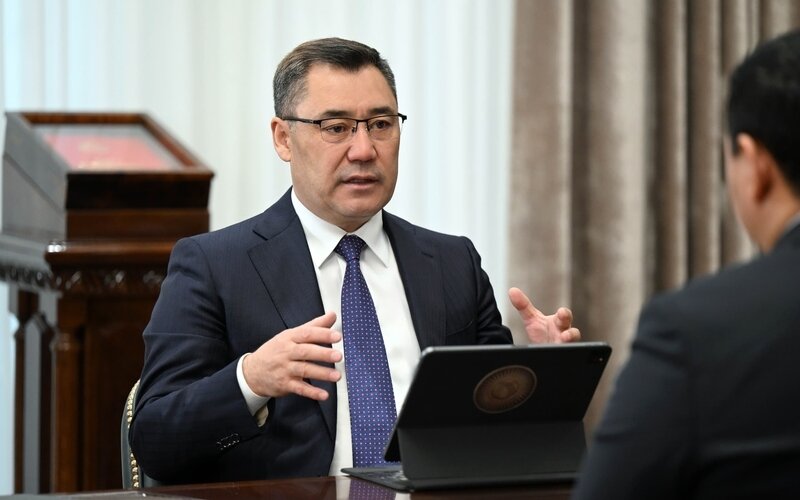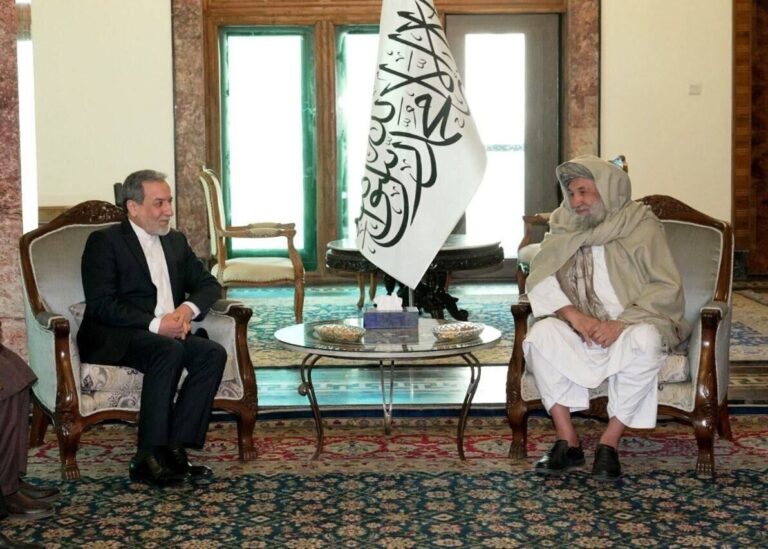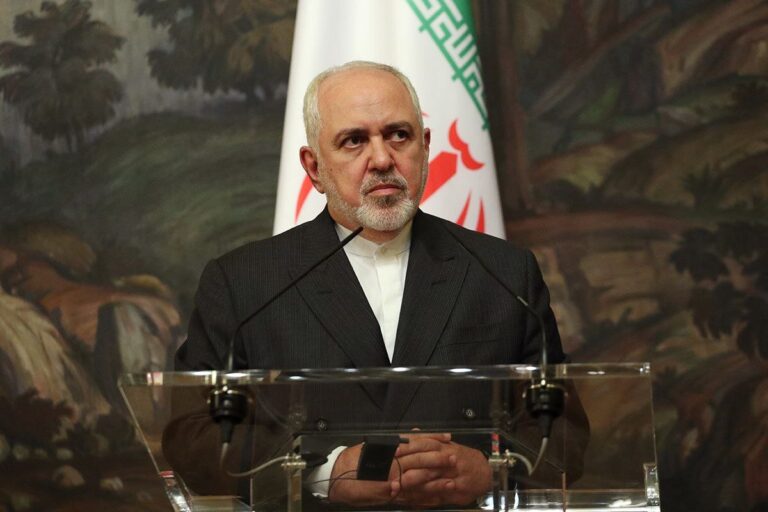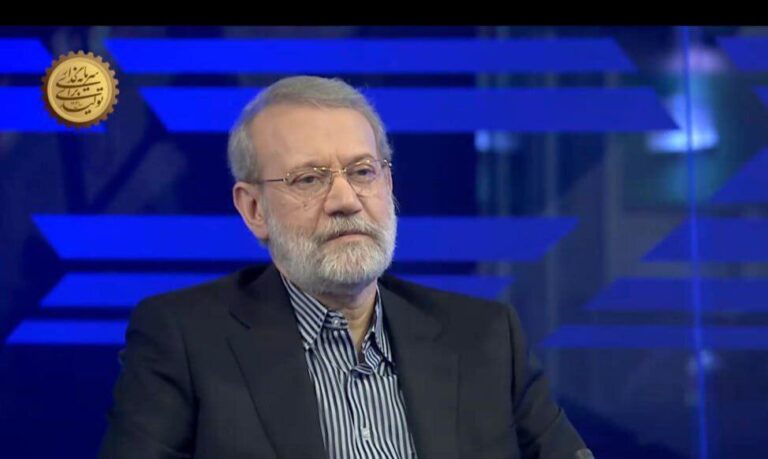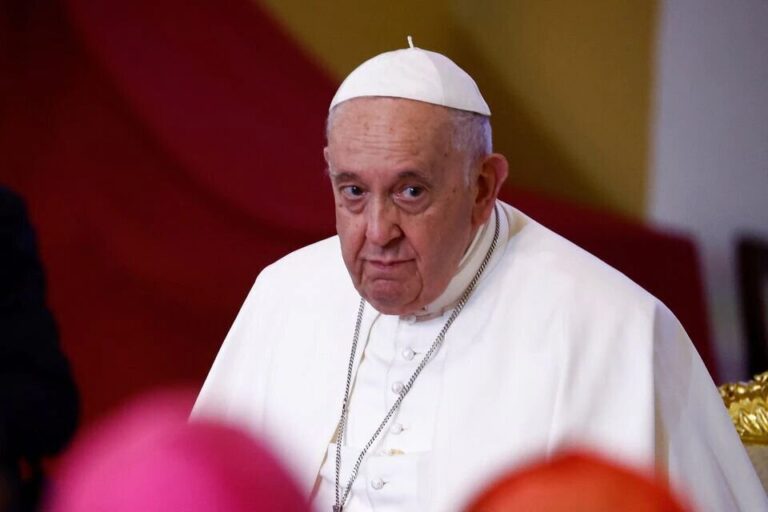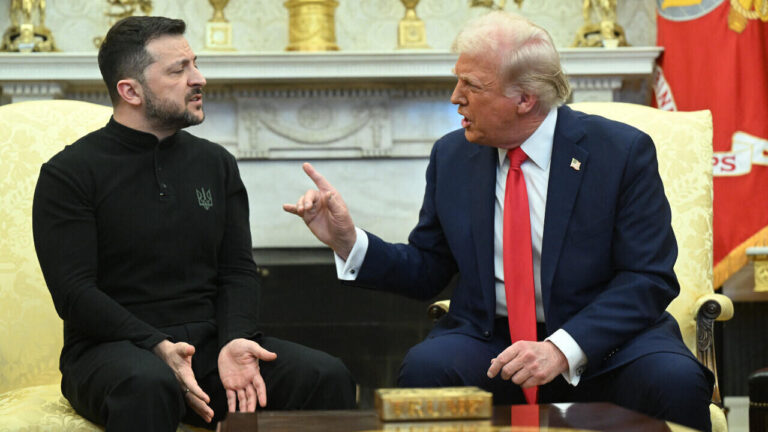Kyrgyz President Weighs In on Elon Musk’s Controversial Push to Shut Down RFE and VOA
Elon Musk has recently sparked a significant debate by calling for the closure of two prominent media organizations: Radio Free Europe/Radio Liberty (RFE/RL) and Voice of America (VOA). These entities, funded by the U.S. government, have come under scrutiny due to concerns about their relevance and financial sustainability. This discussion has gained traction on social media platforms, particularly among users in Kyrgyzstan, where Radio Liberty maintains a representative office. In light of this, Kabar Agency sought the views of President Sadyr Zhaparov regarding Musk’s proposal.
In his statement, Musk emphasized that “almost no one listens to them,” arguing that a staggering billion dollars is spent on these organizations. This assertion aligns with a conversation President Zhaparov had during last December’s Kurultai, where he highlighted the significant amounts allocated by various American funds to support media outlets like Azattyk.
During his address, President Zhaparov urged the U.S. Department of State, saying:
“If you don’t know where to spend money, give it to us, the state, directly. We will ensure democracy and human rights at the highest level.”
Interestingly, this call for the closure of Radio Liberty echoes sentiments previously expressed by former President Donald Trump, who had suspended USAID activities for a period of three months. The alignment of Musk’s and Trump’s views raises questions about whether this is a mere coincidence or if there’s a larger trend at play.
When asked about this potential connection, President Zhaparov dismissed the idea, stating:
“It is just a coincidence. Donald Trump and Elon Musk do not need my initiatives.”
He pointed out that both Musk and Trump are billionaires who understand the importance of financial responsibility. Zhaparov noted:
“They want to stop the senseless waste of American money. And they are doing absolutely the right thing.”
According to Zhaparov, the media landscape has transformed dramatically in the 21st century. He argues that:
- Information now spreads globally within minutes.
- The traditional reliance on outlets like Azattyk is outdated.
- Twenty to thirty years ago, people waited for news from these sources, but the internet has changed how we consume information.
He further elaborated that the current generation is more adept at analyzing news and discerning reliable information from misinformation. As he stated:
“People understand which news is unreliable and which is true.”
Zhaparov provided a specific example of how Azattyk has, at times, disseminated distorted information that has damaged reputations. He noted:
“When it turns out that it’s not true, people ask: ‘Why are you spreading disinformation?'”
He criticized the media’s response to such situations, recalling that they often issue apologies while simultaneously claiming:
“Freedom of speech is dead here!”
President Zhaparov posed a critical question regarding the boundaries of freedom of speech:
“Is this normal? Spreading false information or manipulating news is freedom of speech?”
He emphasized the distinction between freedom of speech and the irresponsibility that can come with it, stating:
“One shouldn’t confuse permissiveness with freedom of speech or human rights.”
In conclusion, President Zhaparov expressed support for the decisions made by influential figures like Trump and Musk regarding the future of media organizations like RFE/RL and VOA. He believes that the current dynamics of information dissemination necessitate a reevaluation of how public funds are allocated to media outlets and calls for a more responsible approach to media consumption in the digital age.
As the discourse continues, it remains to be seen how these developments will affect the landscape of global media and the role of government-funded organizations in the future.
